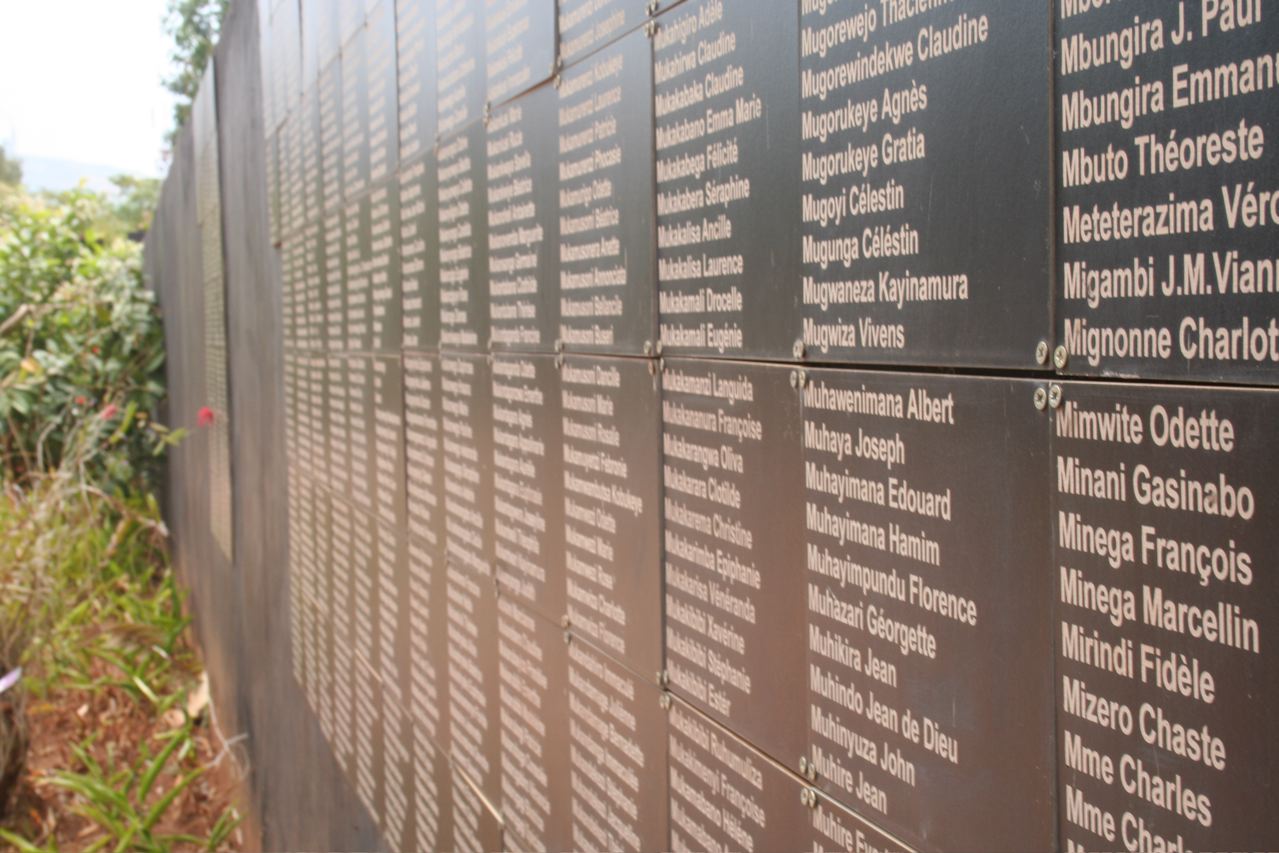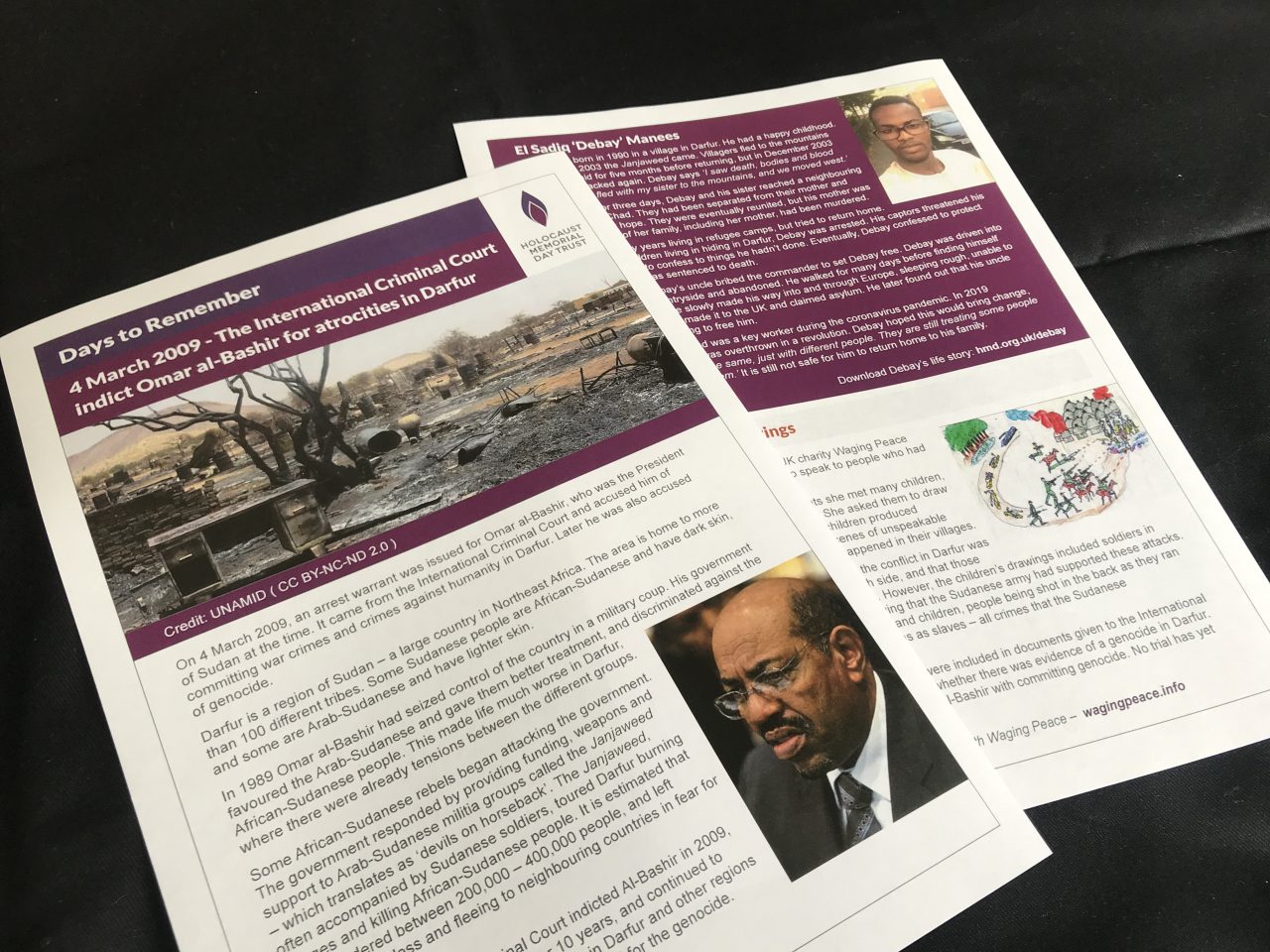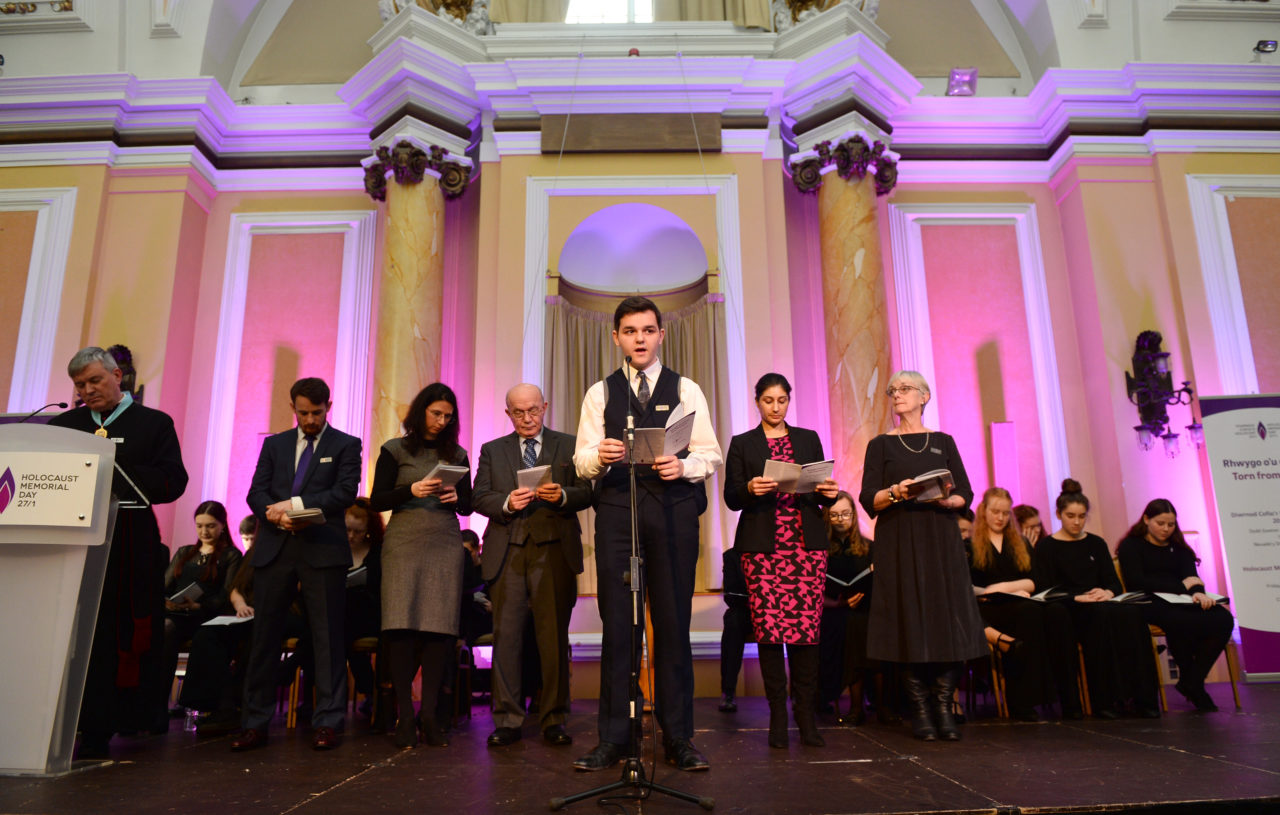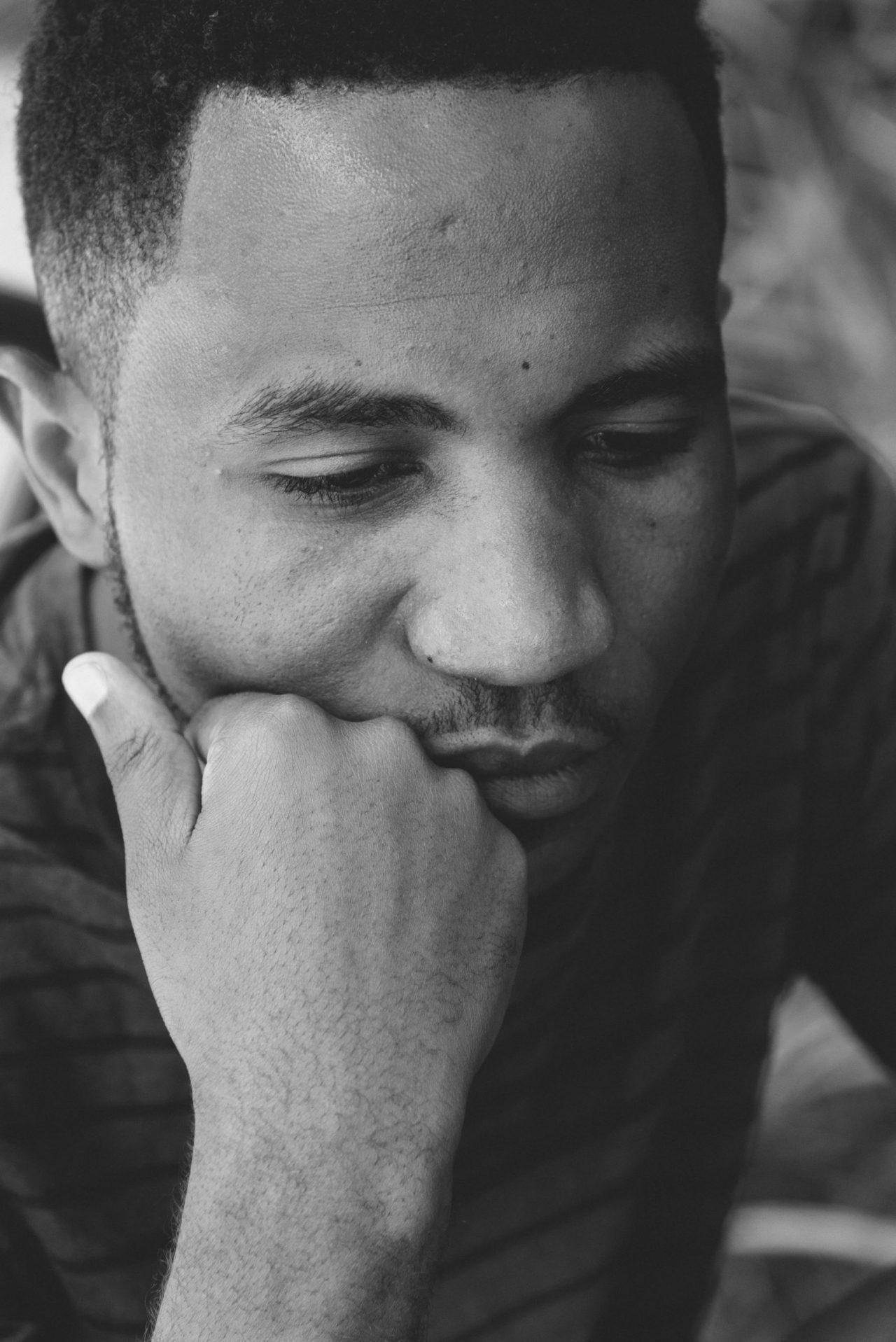
Mussa Uwitonze
Mussa Uwitonze became an orphan after being separated from his family during the genocide against the Tutsi in Rwanda. He was raised in an orphanage, and it was there that he was first handed a camera – a moment that fuelled his lifelong passion for photography.
Photography is an art that helps you open up and express yourself. It is a voice; it is a tool for change.
Mussa was three years old when the genocide began
Mussa was born in 1991 in Rwanda, the youngest of a large family with two sisters and a brother. In 1994, when Mussa was three years old, the genocide against the Tutsi in Rwanda began. His father made the decision to move the family across the border into the Democratic Republic of Congo (then known as Zaire) in search of safety. Mussa didn’t understand why his family rushed to pack up their belongings, though he sensed his family’s fear.
The Interahamwe, a government-supported militia, had begun slaughtering Tutsis, as well as any Hutus who refused to take part in the genocide. Mussa’s family left their home, fleeing the chaos and violence that had now reached their home town.
Long journey to DRC – and yet no safety there
After a long and arduous journey fraught with danger, the family was able to cross into DRC after paying a bribe at the border. However, they soon discovered it was no safer for them there than it had been in Rwanda. Although Mussa’s family went to great lengths to protect and comfort him, witnessing his father’s despair was terrifying for him.
Mussa’s family found temporary shelter in a refugee camp, however after a few weeks the camps were invaded by Interahamwe militia. The Interahamwe had fled Rwanda following the end of the genocide, but continued to wage violence in neighbouring countries, targeting Rwandans who had found shelter in camps close to the border.
Mussa’s family
The militias killed indiscriminately, targeting any men, women and children they found. Mussa remembers witnessing children thrown against walls and burned alive. Many women were also raped, including Mussa’s sister. His brother, whilst attempting to protect his sister, was gunned down by the militia and murdered.
Mussa and his family fled the camp in search of safety, in a crowd of others all headed in the same direction.
‘It had been quite a long and tiring journey. We were amid a flock of people who were all headed in the same direction. I was holding on Mama’s kitenge (a fabric, often worn by women) for dear life. She had made it clear that she didn’t have enough hands to hold on the pots and everything she was carrying on her head plus my hand. I was to hold on to her as she made her way through the mass of people. Then someone said to make way and for the briefest moment I did, and everything changed. I lost my family and my hopes for a life with them.’
Mussa vividly recalls crying out for his mother in the crowd only to realise that he did not know her name. This was the last time he saw her.
Cholera, orphanage and meeting Mrs Carr
Mussa was eventually taken to the Red Cross, who took him to the hospital as he was suffering from cholera. He spent a month in hospital, constantly asking the nurses for information about his family, but nothing was known about them. Mussa was then taken to a temporary shelter, before finally being taken to an orphanage called Imbabazi CENA.
This is where he first encountered Rosamond Carr, an American who he came to see as a mother figure. ‘When we got to the orphanage we were introduced to an old woman named Mrs Rosamond Carr. The first day I saw her, I saw love.’ The warmth and affection that Rosamond showed all the orphans gave him a renewed sense of family, security and love.
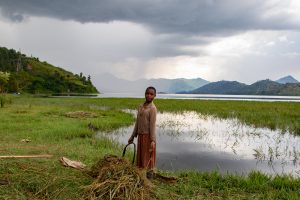
Girl cutting grass, by Mussa Uwitonze Photography
Photography – the world as you see it
In 2000, whilst Mussa was still at primary school, a photographer called David Jiranek came to the orphanage to run a photography workshop. Mussa was one of 11 pupils selected to take part, and was given a disposable camera to document the world as he saw it. The project, called Through the Eyes of Children, exhibited the photos in the US, with proceeds from print sales used to fund schooling for children in Rwanda. This experience ignited Mussa’s lifelong passion for photography.
Over the years, many NGOs came to the orphanage to take portraits of the children, with the hope of reuniting them with their families. Unfortunately, Mussa still has no information about any of his relatives. He does, however, consider all the children he grew up with at the orphanage to be his brothers and sisters, retaining a close bond with each of them, united by their life experience and mutual love of the late Rosamond Carr.
Mussa today
Mussa now works as a professional photographer and runs photography workshops for children and young people with Through The Eyes of Children – the same organisation that introduced him to photography as a child. Through these workshops he aims to give young people a creative form of expression and the tools to share their stories. Mussa has supported young Rwandans, Syrian refugees, foster children in Massachusetts and immigrants in Haiti to name a few. As Mussa explains: ‘Photography is an art that helps you open up and express yourself. It is a voice; it is a tool for change.’
Mussa features in a documentary, Camera Kids, in which he journeys across Rwanda to photograph victims and perpetrators of the genocide against the Tutsi in Rwanda. He is now happily married with three children. You can see more of Mussa’s photography here.
